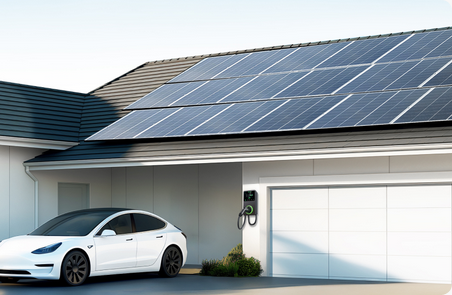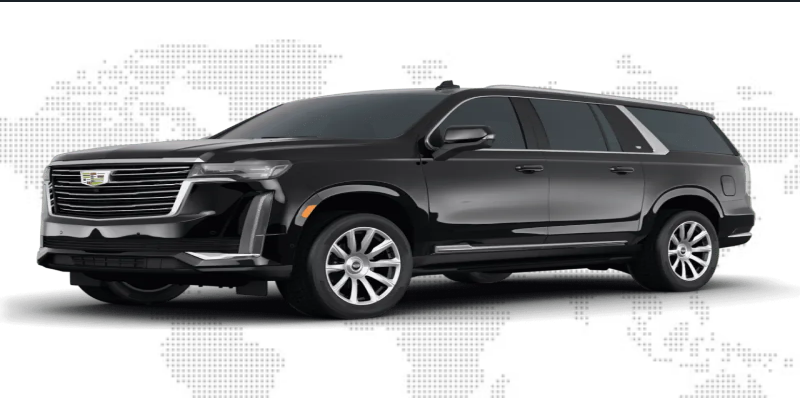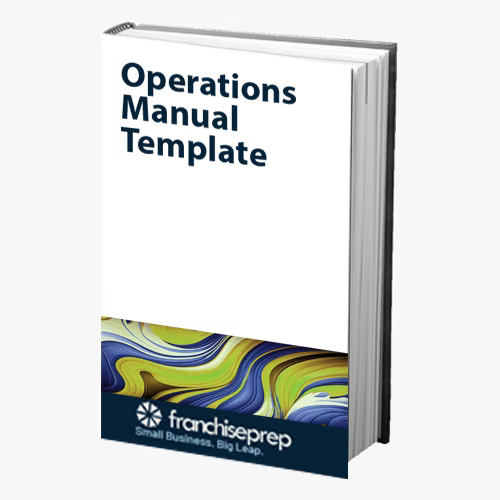
Selecting the right 12V battery 12V for your needs is crucial for ensuring reliable power supply, whether for home backup systems, RVs, boats, or solar energy storage. With various options available, making an informed decision can be challenging. Here’s a comprehensive guide to help you choose the right 12V battery for your specific requirements.
Understanding Different Types of 12V Batteries
1. Lead-Acid Batteries:
Flooded Lead-Acid (FLA): These are the traditional car batteries. They are affordable and offer high surge currents, but require regular maintenance, such as checking and refilling water levels.
Sealed Lead-Acid (SLA): Also known as Valve-Regulated Lead-Acid (VRLA) batteries, these include AGM (Absorbent Glass Mat) and Gel batteries. They are maintenance-free, leak-proof, and have a longer lifespan than FLA batteries.
2. Lithium-Ion Batteries:
Lithium Iron Phosphate (LiFePO4): Known for their long cycle life, high energy density, and lightweight nature, LiFePO4 batteries are increasingly popular for home and off-grid applications. They are more expensive upfront but offer better long-term value due to their durability and efficiency.
Key Factors to Consider
1. Capacity (Ah):
The capacity of a battery, measured in amp-hours (Ah), indicates how much energy it can store. Assess your power needs to determine the right capacity. For instance, if you need to run a device that consumes 10 amps for 5 hours, you’ll need a 50Ah battery.
2. Depth of Discharge (DoD):
This refers to the percentage of the battery’s capacity that can be used without significantly shortening its lifespan. Lead-acid batteries typically have a recommended DoD of 50%, while lithium-ion batteries can handle deeper discharges (up to 80-90%).
3. Cycle Life:
This is the number of charge and discharge cycles a battery can undergo before its capacity drops below a certain percentage of its original capacity. Lithium-ion batteries usually have a higher cycle life compared to lead-acid batteries.
4. Maintenance:
Consider the maintenance requirements of the battery. Flooded lead-acid batteries need regular maintenance, whereas sealed lead-acid and lithium-ion batteries are maintenance-free.
5. Cost:
While upfront costs are important, also consider the total cost of ownership. Lithium-ion batteries, despite their higher initial cost, can be more cost-effective over time due to their longevity and efficiency.
Application-Specific Recommendations
1. Home Backup Systems:
For home backup systems, reliability and longevity are key. Lithium-ion batteries, particularly LiFePO4, are a great choice due to their high energy density and long cycle life. They can provide consistent power during outages and are suitable for solar energy storage.
2. RVs and Boats:
Sealed lead-acid batteries, such as AGM or Gel, are popular for RVs and boats because they are maintenance-free and can withstand harsh environments. Lithium-ion batteries are also an excellent option if budget allows, offering longer lifespan and reduced weight.
3. Solar Energy Storage:
Lithium-ion batteries are the preferred choice for solar energy storage. Their ability to handle frequent charge and discharge cycles, coupled with high efficiency, makes them ideal for storing solar energy.
Conclusion
Choosing the right 12V battery depends on understanding your specific power needs, the application, and balancing factors such as capacity, DoD, cycle life, maintenance, and cost. By carefully considering these elements, you can select a battery that provides reliable, efficient, and long-lasting power for your needs. Whether for home backup, recreational use, or solar energy storage, the right 12V battery can significantly enhance your power reliability and overall energy management.


















Write a comment ...